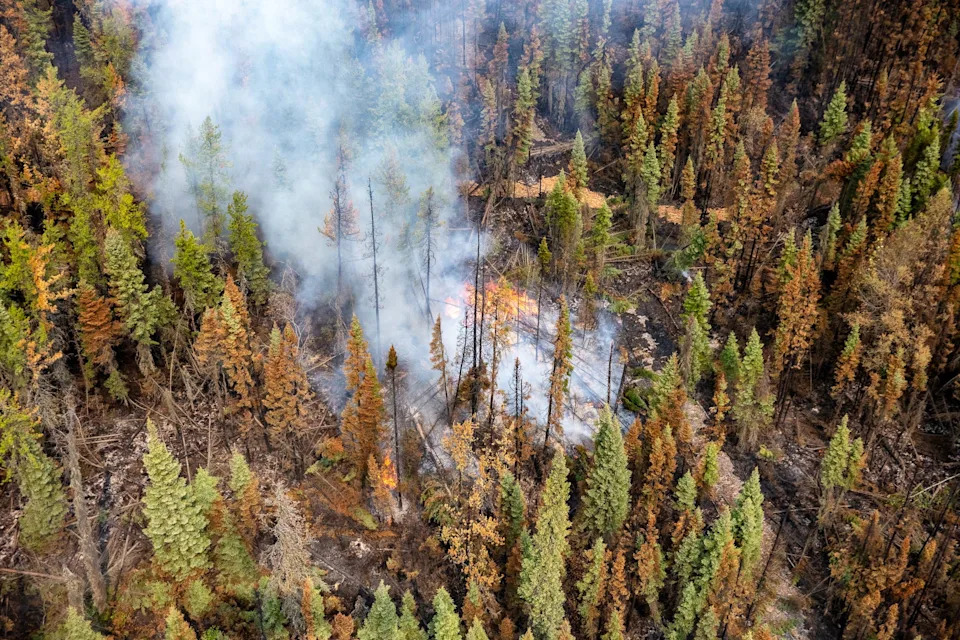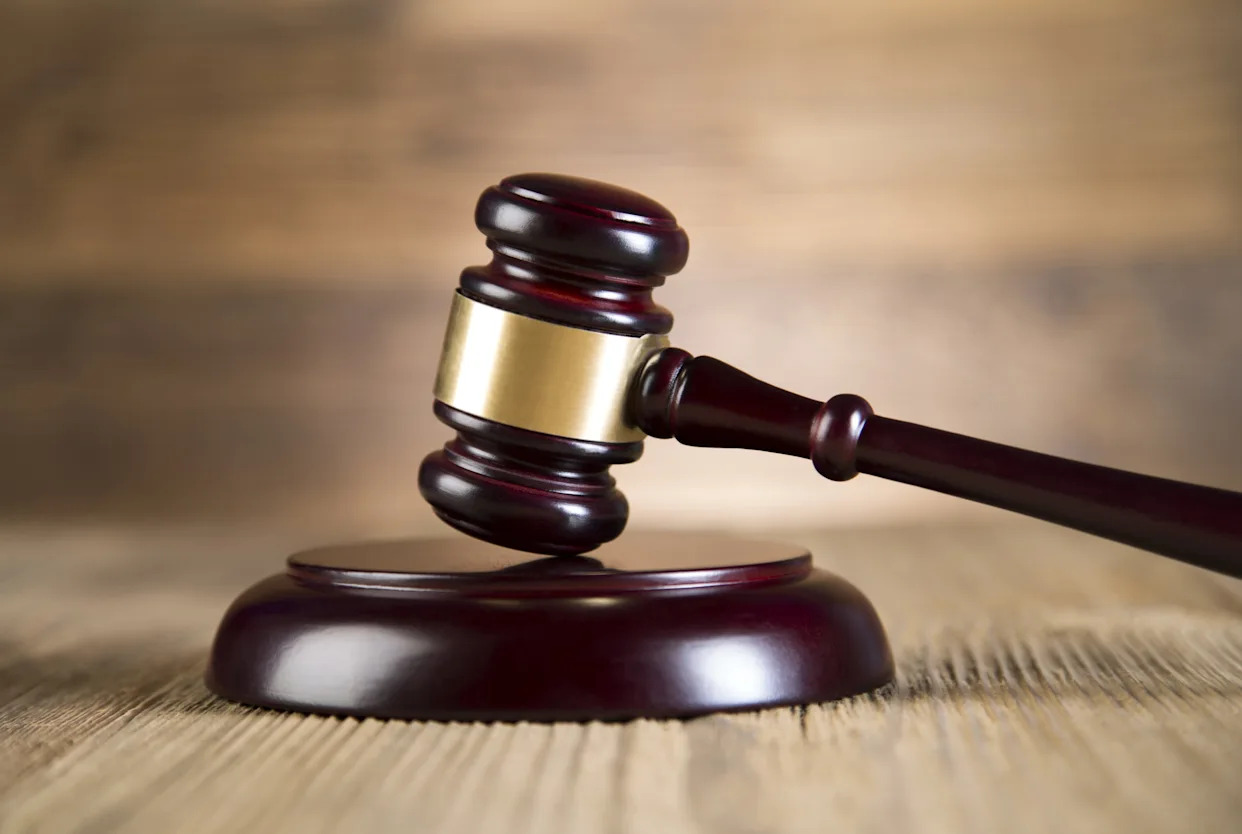
Utah Gov. Spencer Cox instructed the Utah Homeless Services Board on Tuesday to accelerate their work in response to President Donald Trump’s executive order overturning the federal government’s “housing first” approach to homelessness.
In a letter joined by Utah Senate President Stuart Adams and House Speaker Mike Schultz, Cox charged board members, which include Salt Lake City Mayor Erin Mendenhall and State Homeless Coordinator Wayne Niederhauser, to “fulfill the President’s executive order and uphold public safety.”
“Utah must remain a place where lives can be meaningfully changed, not where chaos and disorder thrive,” the letter said. “President Trump’s executive order reinforces what many of us in Utah have long understood: that effective solutions to homelessness require both accountability and support.”
What is in Trump’s order?
On Thursday, Trump issued an executive order requiring agencies to facilitate the use of state civil commitment to move homeless individuals into long-term institutional care if they pose a risk to themselves or others because of severe mental illness or substance use disorder.
The presidential action mandated departments to prioritize grant money for states that crack down on illicit drug use and urban camping; that require outpatient treatment or civil commitment for high-risk individuals; and that track sex offenders who are homeless.
Agency heads will also be authorized to increase funding for drug courts and mental health courts while halting funds to supervised drug consumption programs and ending support for “housing first” initiatives that don’t promote recovery.

“(C)hronic homelessness is directly tied to mental illness, substance abuse, and the loss of human dignity,” Cox’s letter stated. “The President’s historic directive puts federal agencies in line with Utah’s approach and fosters a renewed national commitment to public safety and order.”
What’s next for the homeless board?
Cox called on board members to accelerate work on the state’s proposed sprawling 30-acre, 1,200-bed “central campus,” with wrap-around homeless services, which has yet to break ground amid struggles to find and purchase land.
The facility, which the letter describes as “a transformative, services-based homeless campus,” would prioritize “recovery, treatment, and long-term outcomes, not just emergency shelter,” by integrating sobriety programs and life-skills classes.
Until a final location is identified, the board has refrained from making large funding requests to the Legislature. But eventually, if the campus is to look like successful models in San Antonio, Texas, and Reno, Nevada, then it could require as much as $25 million in ongoing funds from the state budget.
“We are moving quickly to advance a service-rich homeless campus, streamline reporting, and improve outcomes across the system,” said Niederhauser, the State Homeless Coordinator. “Together, we remain focused on making homelessness in Utah rare, brief, and non-recurring.”
Utah’s top elected leaders also asked the board to identify gaps in the state’s homelessness response, develop policy recommendations for the upcoming legislative session, streamline service provider paperwork and ensure that funding requests clearly align with the president’s executive order.
In a statement to the Deseret News, Randy Shumway, the chair of the Utah Homeless Services Board, said that board members “firmly stand” with Cox, Adams and Schultz “in prioritizing a homelessness system rooted in treatment, accountability, dignity, and long-term recovery.”

“Compassion and accountability are not opposing forces but essential partners,” Shumway said. “We support the state’s call to invest in effective solutions — ones that treat root causes and restore dignity. We can no longer afford half-measures, permissive approaches, or fragmented responses to a crisis this urgent. Utah will lead in delivering a homelessness response that rescues and provides sustained healing for those who are suffering."
The letter highlighted the work of newly appointed Salt Lake City Police Chief Brian Redd to “restore safety and order in our capital city,” and said law enforcement is an essential piece of the state’s homelessness response system.
The Utah Homeless Services Board must provide recommendations and legislative proposals to the governor and legislative leadership prior to Sept. 30, the letter said.








Comments